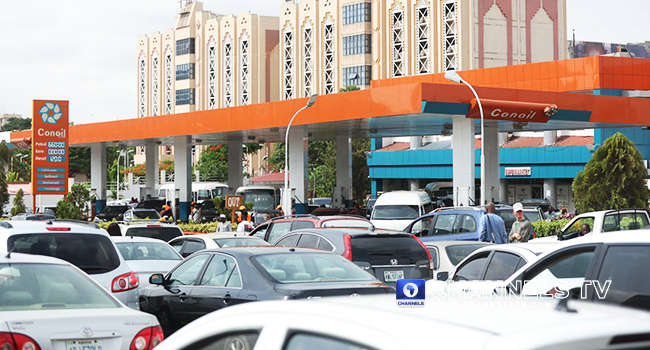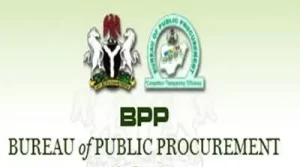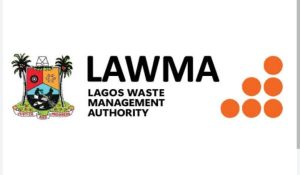The Independent Petroleum Marketers Association of Nigeria (IPMAN) has raised concerns about the inadequate supply of Premium Motor Spirit (PMS), commonly known as petrol, from the Nigerian National Petroleum Company Limited (NNPCL).
The association, which represents more than 3,000 members and controls the largest share of filling stations across the country, expressed its frustration over the scarcity of fuel products sweeping across Nigeria.
According to Engr. Shina Amoo, Chairman of the IPMAN Ore Depot, the NNPCL, which is currently the sole importer of petroleum products in Nigeria, has failed to supply sufficient quantities of fuel to IPMAN members over the past three years. This situation has left many independent marketers struggling to meet the needs of consumers, particularly in rural and urban areas where they dominate the market.
“There is no supply anywhere. For now, the only supply available is not well distributed,” Amoo stated during a press briefing on Tuesday. He explained that IPMAN members had previously enjoyed a supply arrangement with a 70/30 distribution ratio, reflective of their market strength. However, this arrangement has deteriorated, leaving independent marketers largely sidelined in the supply chain.
Amoo highlighted the dire situation, noting that many IPMAN members are unable to secure fuel for their stations. “Go around, if you see 50 petrol stations, and you take a random sample, you will discover that only between three to eight would be selling products,” he said. Furthermore, the products that are available are being sold at significantly inflated prices. “Virtually all the depots we buy from sell to us at prices they want to sell, ranging from ₦750 to ₦850 per liter,” Amoo added.
The IPMAN chairman attributed the supply issues to the removal of fuel subsidies and NNPCL’s role as the sole importer of petroleum products. He pointed out that the removal of subsidies has led to a rise in product prices at depots, which in turn has strained the capacity of independent marketers to operate efficiently.
Amoo also called attention to the need for reforms in the downstream petroleum sector, particularly the elimination of corruption, which he believes is driving up costs.
“If corruption was removed from the downstream system, prices of products would be forced to drop,” he asserted.














